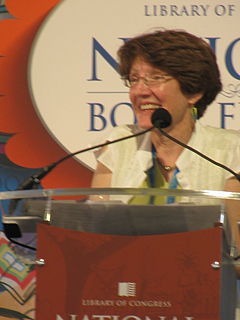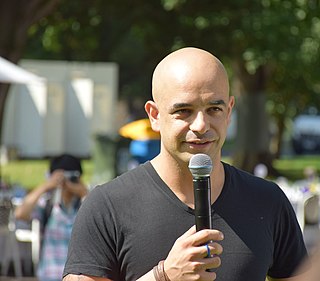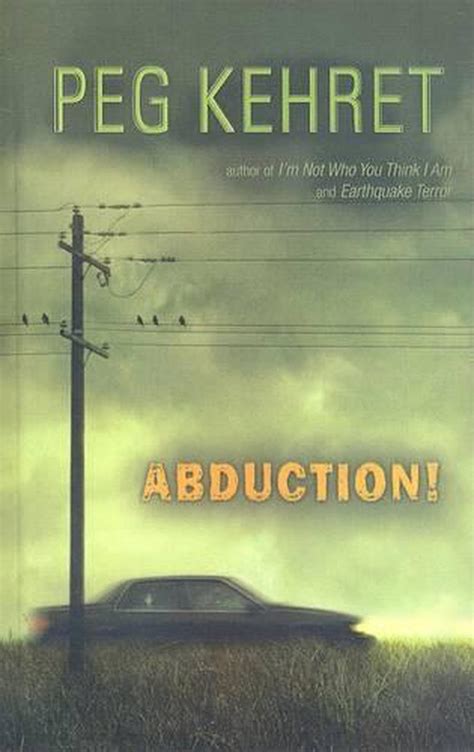A Quote by Mary Roach
My books are not really books; theyre endless chains of distraction shoved inside a cover. Many of them begin at the search box of Pub Med, an Internet database of medical journal articles.
Related Quotes
Sometimes I read the same books over and over and over. What's great about books is that the stuff inside doesn't change. People say you can't judge a book by its cover but that's not true because it says right on the cover what's inside. And no matter how many times you read that book the words and pictures don't change. You can open and close books a million times and they stay the same. They look the same. They say the same words. The charts and pictures are the same colors. Books are not like people. Books are safe.
I am a product of endless books. My father bought all the books he read and never got rid of any of them. There were books in the study, books in the drawing room, books in the cloakroom, books (two deep) in the great bookcase on the landing, books in a bedroom, books piled as high as my shoulder in the cistern attic...In the seemingly endless rainy afternoons I took volume after volume from the shelves. I had always the same certainty of finding a book that was new to me as a man who walks into a field has of finding a new blade of grass.
The person who wins the Nobel Prize is not the person who read the most journal articles and took the most notes on them. It's the person who knew what to look for. And cultivating that capacity to seek what's significant, always willing to question whether you're on the right track - that's what education is going to be about, whether it's using computers and the Internet, or pencil and paper, or books.
The Roman philosopher Seneca the Younger (tutor to Nero) complained that his peers were wasting time and money accumulating too many books, admonishing that "the abundance of books is a distraction." Instead, Seneca recommended focusing on a limited number of good books, to be read thoroughly and repeatedly.
The current publishing scene is extremely good for the big, popular books. They sell them brilliantly, market them and all that. It is not good for the little books. And really valuable books have been allowed to go out of print. In the old days, the publishers knew that these difficult books, the books that appeal only to a minority, were very productive in the long run. Because they're probably the books that will be read in the next generation.
Amazingly, 85 percent of prescribed standard medical treatments across the board lack scientific validation, according to the New York Times. Richard Smith, editor of the British Medical Journal, suggests that this is partly because only one percent of the articles in medical journals are scientifically sound, and partly because many treatments have never been assessed at all.
I could not write my books without the library's help. Even with the ease of Internet research, I find books to be indispensable when I am writing. ... Books make me laugh, cry, and think. They give me insight into history, and into the lives of people in other cultures. They help me make important decisions, and they provide endless entertainment. Hooray for libraries!
Only idiots or snobs ever really thought less of 'genre books' of course. There are stupid books and there are smart books. There are well-written books and badly written books. There are fun books and boring books. All of these distinctions are vastly more important than the distinction between the literary and the non-literary.


































